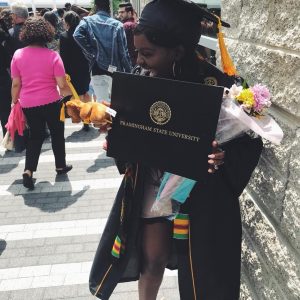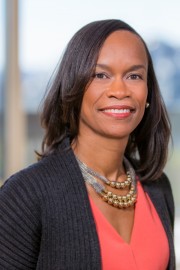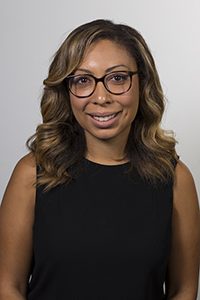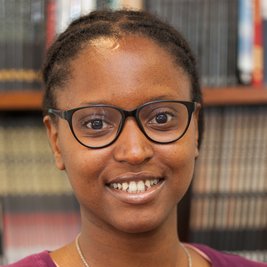All of us depend, in early age and often at the end of life, on the care of others. We are shaped by individual, consequential but highly contingent acts of care, or their absence. To think about care is to shuttle back and forth between social totality and the irreducible complexity of individual needs, from feeding or washing to dignity or meaningful attention, explains James Butler in a new LRB essay.
A friend shared James Butler’s recent essay in the London Review of Books, “This Concerns Everyone.” For me it was a compact UK complement to Jean Tronto’s Who Cares? How to Reshape a Democratic Politics. Both pieces ask readers to cut across economic, moral, emotional, and social approaches to care so we can do better at addressing the crisis of care that is everywhere and everything all at once, so to speak. And yes, I am writing a review of a review article that points you to even more articles.
“This Concerns Everyone” reviews several books and leads with worry about how aging and disabled people are cared for in England; other forms of family care are in the scope of the piece. Butler covers the harms of private equity and corporate approaches to the business of care that we should make front-and-center in the U.S. (as Rose Batt and Eileen Appelbaum are doing). He presents what one might call an inequality as policy (an oldie but goodie that helps with this idea) argument about how government austerity has reduced access to care and increased suffering, by design.
Butler writes:
It would be a failure if the only answers sought were economic. The problem of care raises questions that lie outside the typical bounds of policy work…. What degree of indignity, pain, degradation or abuse are we prepared to see the people around us suffer?
Yikes. He goes on:
And what, if we are unable or unwilling to do it ourselves, are we prepared to pay for the work most intimate and essential to human life? Politicians may not wish to acknowledge these issues, but circumstances will force them on us regardless.
In short: Care is about suffering, care is about money, and care is about labor. Butler illustrates the labor conditions for a growing UK care workforce with diminishing wages:
One case recently investigated by the Gangmasters and Labour Abuse Authority found nine Indian care workers in the UK on student visas, sleeping in cold and cramped conditions, with evidence their recruiters controlled their wages. Coworkers had raised the alarm after noticing them eating leftovers from residents’ plates.
In the U.S. context, we understand these conditions to be a form of anti-Blackness. See, for example, a key essay on #BlackWomenBest regarding Black women workers during COVID.
Now: hold that “systemic reliance on diminished power” of targeted groups in your mind as you turn to his next point: Butler asks us to consider seriously the existential, enigmatic place that care takes as both work and love. To face that question–the question of feeling about care work–is not easy. It is irritating.
The irritating bit comes from the strategic and naturalized way that care is made to be sentimental and sweet:
Key [an author he profiled] cared for people with psychosis, and confesses to his naivety when he started the job. He detects a similar naivety in artists or professors for whom care is a fantasy of universal benevolence, a weakly secularised Christian caritas. Where’s the wiping up of blood or piss, the frustration and resentment, the sheer exhaustion? It would be easier if the fantasy were baseless, but the attention to the individual that care work requires does generate love, of a kind, sometimes. It isn’t a reward – that would be better pay – but a contradiction in the work itself, not something that can be reasoned out of it. ‘The love I feel in fleeting bursts at work is painful and complicated,’ Key writes, ‘and it would probably be better to not feel it. It’s a job. I scrub a lot of toilets.’
What to do? I’ve been doing this reading as a Sociology of Families professor–and as a person who needs care and gives care. I am looking for innovations to help college students know our subject beyond charts, graphs, or ethnographies. I’m also asking them to know themselves. In my Families classes, my mainly working-class students face this joint dilemma: They think about care and the realities of the double- and triple-shift lives of caring, working (often in caregiver jobs), and schooling on the one hand, and that commonplace sentimentality of care (referenced above) on the other. We can’t get anywhere without finding a way to recognize all of it.
Some students have taken the opportunity to join a photography project about wrkxfmly created by Working Assumptions. Photography allows students to go beyond the measurement of all things social that we typically do in sociology. Through photography, students are guided to see and share each unique case of the contradiction between the pain and the love of care described by Butler.
Where “This Concerns Everyone” isn’t on point for the U.S., it is often as revealing as where it is: Butler bemoans the slide away from a social safety net system in the U.K.; here in the U.S., there has hardly been one to slide away from. Despite the pandemic, we still have no federal requirement for paid leave. The toll on women is pronounced. A colleague recently asked me if there’s a chance that care can be or ever will be elevated–in economics and in culture? It was a rational question that made me sad. I think she was asking if we can get more people to see that it has never been a choice?
In line with that, Butler wrote:
[Another author] counterposes the logic of care and the logic of choice, arguing that a narrow focus on choice can amount to patient neglect. The reality of care exposes our dependence on others and shows how constrained, even illusory, our choices are.
The sad part of the “will care ever be elevated?” is that we face care one way or another. Getting a glimpse of my father’s last few days in hospice last week—and sitting with his wife’s labors for him, for herself, for countless others during his long and yet sharp decline—was a reminder that the need for care and the human cost of care are as inescapable as his death was.
Will care ever be elevated and centered in our politics to reflect how it is central to our lives? Essays like Butler’s on the U.K., the monograph by Tronto on the U.S., other pieces linked here, and even my students working through it all using photography make me think: maybe? I can’t show you my students’ work today. Expert and artist visions of the enigmas of care, though, are here, where we recognize the tensions Butler describes in a 24-hour daycare center and here in an intimate portrayal of those same tensions in the ordinary care of children at home during the pandemic. To be continued.

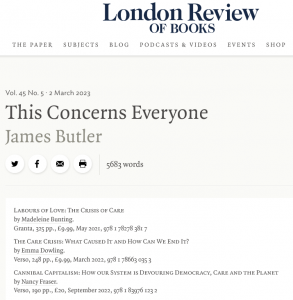
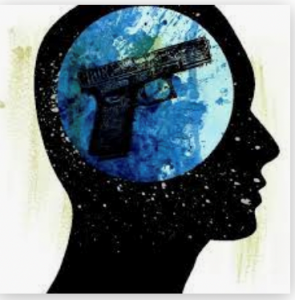
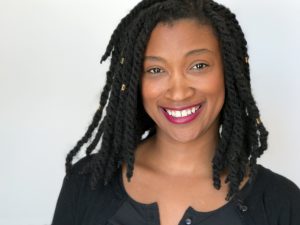
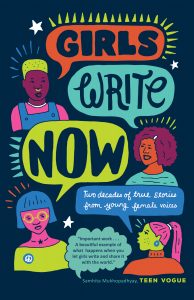
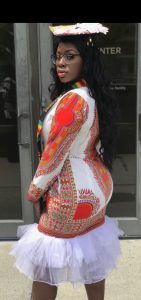 And by she, I mean Eunice Owusu, a 2018 Framingham State University graduate. She walked across the stage, shook hands with the president of the institution while her family, friends, and plenty of others who look up to her, support her, and love her, cheered her on. Currently, Eunice is a cheerleading coach for
And by she, I mean Eunice Owusu, a 2018 Framingham State University graduate. She walked across the stage, shook hands with the president of the institution while her family, friends, and plenty of others who look up to her, support her, and love her, cheered her on. Currently, Eunice is a cheerleading coach for 